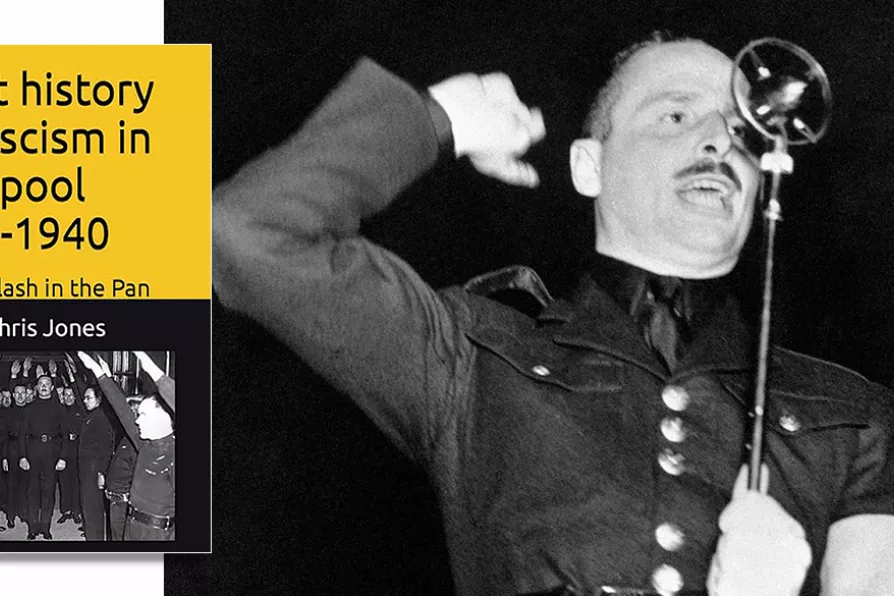DENNIS BROE searches the literary canon to explore why a duplicitous, lying, cheating, conning US businessman is accepted as Scammer-in-Chief

 RULING-CLASS SPEARHEAD: Sir Oswald Mosley, the leader of the 'Blackshirts', the British Union of Fascists, addresses a meeting in the East End of London in 1936.
RULING-CLASS SPEARHEAD: Sir Oswald Mosley, the leader of the 'Blackshirts', the British Union of Fascists, addresses a meeting in the East End of London in 1936.
Fascism in Liverpool 1923-1940: The Flash in the Pan
By Chris Jones
Self-published, £5
THIS admirable short history is, as the date suggests, an analysis of the main fascist parties in Liverpool in the period when fascism was on the March in Europe.
As the author demonstrates, fascism in Europe crossed the sea to disparate communities in Britain, among them the Italian diaspora in Liverpool. While it is asserted that the organisation came from the consulate in Liverpool, the author can find no documentary evidence of this. It is, however, worth noting that Mussolini appointed two ambassadors, both of whom at the time of appointment were fascists.
As the author states, fascism grew quickly in the 1920s as a reaction to the Bolshevik revolution. Leading parliamentarians such as Sir Robert Burton Chadwick were on the Fascist Grand Council.

TONY FOX invites readers to come and hear the story of the remarkable Liverpudlian International Brigader Alexander Foote

TONY CONWAY assesses the lessons of the 1930s and looks at what is similar, and what is different, about the rise of the far right today

The annual commemoration of anti-fascist volunteers who fought fascism in Spain now includes a key contribution from Italian comrades










